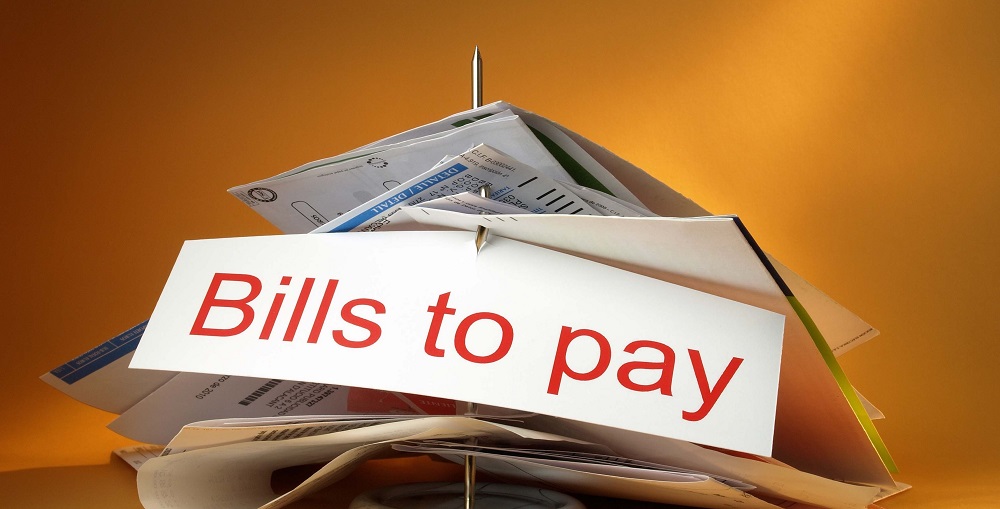Credit cards offer convenience and flexibility, allowing us to make purchases now and pay later. However, the allure of instant gratification often masks a hidden cost: carrying a credit card balance. While the initial freedom of spending feels enticing, the accumulating interest and fees can quickly erode your financial well-being. Understanding these hidden costs is crucial for responsible credit card management and maintaining a healthy financial future.
The Interest Trap: Understanding APR
One of the most significant hidden costs is the Annual Percentage Rate (APR). This is the interest rate charged on your outstanding balance. While promotional 0% APR periods can be tempting, they often come with strings attached. Once the promotional period expires, the high APR can quickly escalate your debt. Imagine a purchase of $1,000 with a 20% APR. Even small monthly payments can take years to pay off, and the total cost of the purchase will significantly exceed the initial amount. Understanding the APR is essential for calculating the true cost of carrying a balance and making informed decisions about your spending.
Calculating the True Cost
The true cost of carrying a balance goes beyond just the APR. Consider the compounding effect of interest. Interest charges are calculated not only on the original balance but also on the accumulated interest from previous months. This snowball effect can dramatically increase your debt over time. It’s vital to track your payments meticulously and ensure you’re paying more than the minimum due to avoid this vicious cycle.
Beyond Interest: Other Hidden Costs
Beyond the APR, there are other hidden costs associated with carrying a credit card balance. These can often be overlooked, but they significantly impact your overall financial health. These include late payment fees, over-the-limit fees, and potentially even damage to your credit score if you consistently struggle to pay your balance in full each month. Understanding these additional costs is crucial for responsible financial planning.
Potential Impacts on Your Credit Score
Late payments and high credit utilization (the percentage of your credit limit you’re using) can severely impact your credit score. A low credit score can make it harder to secure loans, rent an apartment, or even obtain favorable interest rates on future purchases. Maintaining a healthy credit score is vital for long-term financial success, and carrying a balance can inadvertently jeopardize this crucial aspect of your financial profile. Paying your balance in full each month is often the best way to avoid these negative impacts.
Strategies for Avoiding the Hidden Costs
Avoiding the hidden costs of carrying a credit card balance requires a proactive approach. Here are some strategies you can implement:
- Pay in full every month: This is the most effective way to avoid interest charges and keep your credit score healthy.
- Set a budget and stick to it: Knowing how much you can realistically spend each month will help you avoid overspending and the need to carry a balance.
- Prioritize high-interest debt: If you have multiple debts, focus on paying down the ones with the highest interest rates first.
- Consider balance transfer options: If you have a balance you need to pay off, a balance transfer card with a promotional 0% APR period might be beneficial, but only if you can pay off the balance before the promotional period ends.
- Review your credit card statements regularly: This will help you identify any errors or unauthorized charges and prevent any unexpected costs.
Conclusion
Carrying a credit card balance can lead to significant hidden costs that can negatively impact your financial well-being. Understanding the interest trap, other fees, and the impact on your credit score is essential for responsible credit card management. Prioritizing full payment each month, setting a budget, and understanding your credit card terms are key steps to avoiding these hidden costs. By taking proactive steps, you can ensure your credit card use enhances, rather than hinders, your financial health. Responsible credit card use is about more than just convenience; it’s about building a strong financial future.















Comments